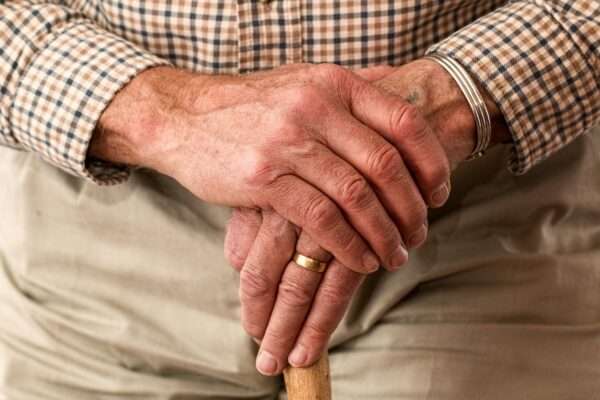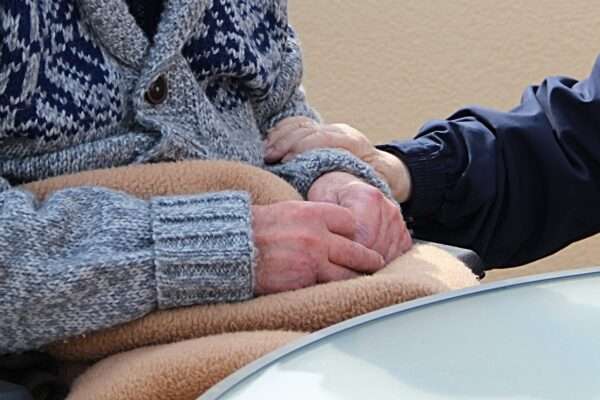When we place our elderly parents or loved ones in Nursing Homes or Long-Term Care Facilities, we expect that they will be looked after with dignity and compassion. Regrettably, instances of elder neglect are not uncommon, leading to serious injuries in nursing homes. These injuries, including fall accidents and pressure ulcers, often occur due to the nursing home staff’s failure to develop an adequate plan of care, resident safety plan, or perform an adequate initial assessment of an elderly resident. Other common causes are failing to implement adequate safety measures for higher risk patients with a cognitive impairment or poor balance. Additional causes occur when staff fail to revise these care plans when conditions change. As a result, elderly nursing home residents may suffer fall-related injuries such as hip fractures and traumatic brain injuries, which could tragically result in fatalities.
Understanding Nursing Home Care Plans
Upon admission to a Nursing Home in Massachusetts, it is essential for nursing homes to create a Care Plan, which may include fall prevention measures. The Regulations that govern Nursing Homes require that a care plan be comprehensive, and be developed by the nursing staff in relation to that resident’s total health needs. 105 Code Mass. Regs. § 150.007(D). The Care Plan would cover diagnoses, prior medical treatment, chronic health conditions, medications, mobility restrictions, necessary safety measures, and daily care routines (bathing and grooming interventions).
Fall accidents often occur when nursing home staff fail to perform a fall risk assessment, fail to implement adequate fall prevention measures, or neglect to update the care plan in response to changes. Common interventions include assistance with walking, mobility aids, bed rails, bed alarms, and toilet assistance.
Scenarios of Nursing Home Negligence Leading to Injuries
Whether it’s issues with fall prevention, inadequate supervision, or delayed medical care, shedding light on common instances of potential nursing home neglect can empower you to help keep your elderly loved one safe.
- Inadequate Fall Prevention Plans: When nursing homes fail to establish or update fall prevention plans, and don’t take into account existing health issues, other health complications, and chronic conditions.
- Insufficient Monitoring and Supervision: Staff fail to monitor high fall risk residents, such as those with a history of falls or dementia.
- Failure to Update Care Plans: This is evident when nursing homes do not reassess and modify the care plans of residents after fall incidents, despite the availability of more effective interventions.
- Ignoring Residents’ Needs: Cases where the specific needs and risks of residents, such as those with mobility issues or cognitive impairments, are not adequately addressed in their care plans.
- Inadequate Response to Emergencies: When staff fail to respond adequately during emergencies, leading to delays in treatment and increased risk of severe injury or death.
Legal Aspects of Nursing Home Fall Cases in Massachusetts
If you’re concerned about a loved one who recently suffered a serious injury at a nursing home in Massachusetts, it’s in your best interest to speak with a personal injury lawyer specializing in these cases. Generally, an injury at a nursing home is due to the negligence of the Nursing Home and medical providers, doctors and nurses, providing care. These types of cases are classified as a Medical Malpractice claims, which is different than a general negligence claim. The case of Katz v. Golden Gate Nat’l Senior Care, LLC, offers insights into what needs to be proven in such cases:
Establishing Medical Malpractice: : In Massachusetts, a medical malpractice plaintiff must demonstrate:
- The existence of a doctor-nurse/patient relationship.
- The failure of the doctor or nurse to conform to good medical practice.
- That this failure caused injuries.
Expert Testimony: Expert testimony is vital in these cases, especially to establish the standard of care and causation – the link between the nursing home’s actions (or inactions) and the injury or death of a resident.
For Families Seeking Legal Recourse:
If your loved one has suffered a serious injury while under the care of a nursing home, reach out to Gavagan Law for a free consultation. Our legal team has experience in handling nursing home neglect cases, and we understand the nuances of Massachusetts law. We are committed to providing legal guidance and expert witness support to pursue justice for your loved one. Contact Gavagan Law to discuss your legal options and understand the best way forward in your pursuit of adequate care and quality of life for your family member.


